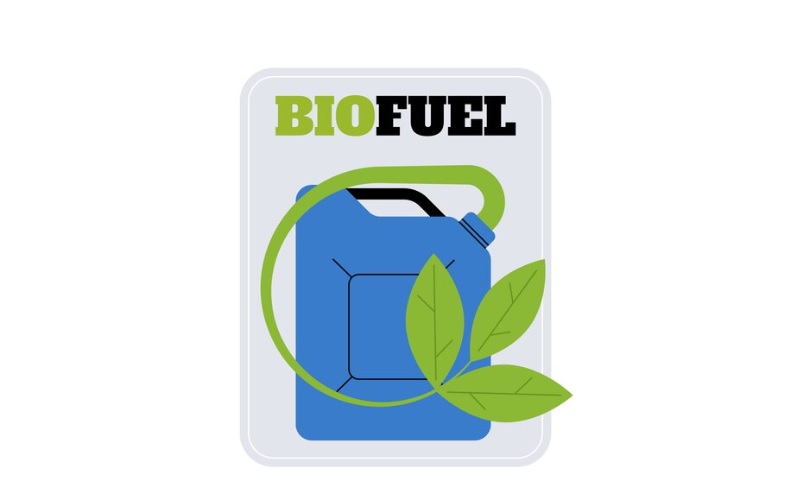As per the report, earlier this month, the U.S. Grains Council (USGC) facilitated a tour for members of the Korea Automobile Journalists Association, showcasing the US ethanol industry and value chain and connecting them with key industry players. The aim was to highlight the environmental, economic, and advantages of ethanol blending.
“The Council has collaborated closely with the U.S. Department of Agriculture’s Foreign Agriculture Service (USDA’s FAS) in Seoul and industry stakeholders for several years to promote biofuel policies in South Korea. This program is a continuation of those efforts,” said Haksoo Kim, USGC director in South Korea.
“South Korea has significant potential for U.S. fuel ethanol, with estimates of up to 300 million gallons annually. It is crucial that we explore all avenues to stimulate demand for road ethanol and sustainable aviation fuel (SAF).”
Read also: EIA raises U.S. fuel ethanol production forecasts for 2024 and 2025
The program kicked off in Chicago, where the group met with Dr. Steffan Mueller from the University of Illinois at Chicago to discuss the anticipated carbon reduction impacts of an E10 policy in South Korea. They also consulted Dr. Michael Wang’s team at the Argonne National Laboratory, focusing on the greenhouse gas (GHG) reduction effects throughout the lifecycle of ethanol and the need for a renewable fuel standard in South Korea.
Supported by Nebraska Corn, the journalists toured various stakeholders across the value chain, from corn farms to gas station chains in Nebraska. They learned about the economic and environmental impacts of the E10 policy in the U.S. and interviewed significant figures in the industry. The visit included insights into Nebraska’s E30 project and carbon sequestration initiatives aimed at further carbon reductions.
The group then traveled to Washington, D.C., where they interviewed U.S. Grains Council CEO Ryan LeGrand, Vice President Cary Sifferath, Growth Energy Vice President Jake Comer, and Renewable Fuels Association Vice President Ed Hubbard. They discussed strategies for introducing a road ethanol policy in South Korea.
For their final stop, Growth Energy invited the group to the NASCAR Quaker State 400 in Atlanta, where they observed E15 fuel in action and conducted interviews that underscored the economic and environmental benefits of fuel ethanol.
“Through this program, the Korea Automobile Journalists Association has become convinced of the necessity of introducing a road ethanol policy in Korea to achieve carbon neutrality by 2050. The reporters have published 45 articles advocating for such a policy, which is expected to influence the Korean government and related sectors, including oil refineries,” Kim noted.
“Korea remains one of the largest markets for U.S. industrial ethanol, but we need to foster new demand for road ethanol and SAF. We will continue to expand the Korean ethanol market through ongoing initiatives.”





